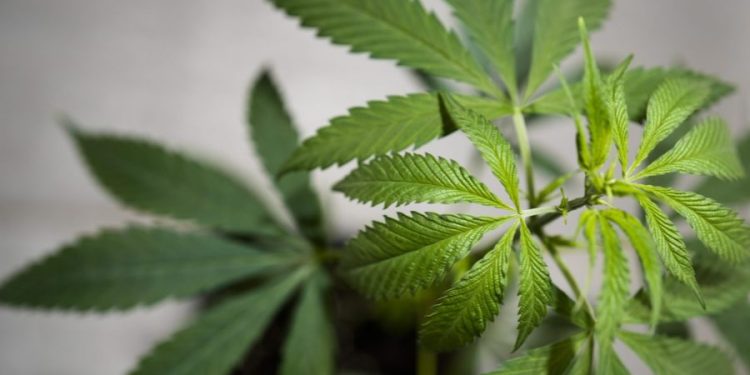A ban on intoxicating hemp products has made it into the House version of the farm bill.
If the amendment makes it through a polarized House and divided Congress, it would end America’s brief experiment with nationally legal cannabis.
The language added to the House version of the farm bill by Rep. Mary Miller (R-Ill.) in effect repeals a sweeping legal change passed by an all-Republican coalition in 2018’s farm bill.
That previous bill made it far easier for American farmers to grow nonintoxicating varieties of cannabis, defined in the statute as “hemp,” for industrial and medical use.
But vagueness in the law’s wording, combined with the fact that intoxicating and nonintoxicating varieties of cannabis (“hemp” and “marijuana,” respectively) are functionally the same plant, allowed the evolution over the past six years of something not seen in America since the Gilded Age: a thriving market in universally available and largely unregulated cannabis products, as The Hill reported.
“Because of the ambiguity created by the 2018 Farm Bill, a massive gray market worth an estimated $28 billion has exploded,” a coalition of 22 state attorneys general wrote Congress in March, demanding members shut it down.
The 2018 law forced “cannabis-equivalent products into our economies regardless of states’ intentions to legalize cannabis use, and dangerously undermining regulations and consumer protections in states where adult-use legal cannabis programs are already in place.”
Miller’s amendment, which was co-sponsored by Rep. Doug LaMalfa (R-Calif.), who is from a state with legal marijuana, restricts the definition of legal hemp to “naturally, occurring, naturally derived and non-intoxicating cannabinoids.”
That likely means cannabinoids like delta-8 THC (naturally occurring but generally chemically derived and certainly intoxicating) would be out.
So, too, would intoxicating drinks and edibles containing delta-9 THC or THCa — different names for what is roughly the same active chemical in the “marijuana” sold in regulated states like California.
In a statement, Miller said she was “proud her amendment was included to close the loophole that has allowed drug-infused THC products like Delta-8 to be sold to teenagers in packaging that looks like candy.”
The hemp sector, by contrast — a $28 billion industry for whom the amendment is an existential threat — fired back Friday.
The Hemp Roundtable asked “all Representatives to vote against the Farm Bill unless the Mary Miller Amendment is removed,” and referred to the language as “hemp industry-killing.”
The National Cannabis Industry Trade Group, which represents both industries, was more equivocal.
Co-founder Aaron Smith called for sensible federal regulations that apply equally to hemp- and marijuana-derived cannabinoid products.
Congress discussed addressing the profusion of arguably legal cannabinoids in last year’s attempted farm bill, but the combination of wide divides in Congress and the chaos around the election of House Speaker Mike Johnson (R-La.) mooted any such attempts.
As in so much with the farm bill, the potential crackdown on hemp brings together an array of strange bedfellows.
Marijuana farmers in states like California and Nevada, which have tightly regulated recreational markets, have been among the loudest voices calling for crackdown on intoxicating hemp — a competing product that is often functionally identical to their own, but shorn of any regulation whatsoever.
In part, that is because the U.S. Food and Drug Administration insists hemp products are not safe and therefore does not regulate them.
The amendment, however, will only impact the large and growing hemp market if it passes the House, which is far from assured.
It would also have to make it through the Senate, which requires both sides to find a way through the reforms to food aid that Democrats and a wide array of civil society groups see as cuts.
The Senate’s version of the farm bill reauthorizes the hemp program without changing its definition.















